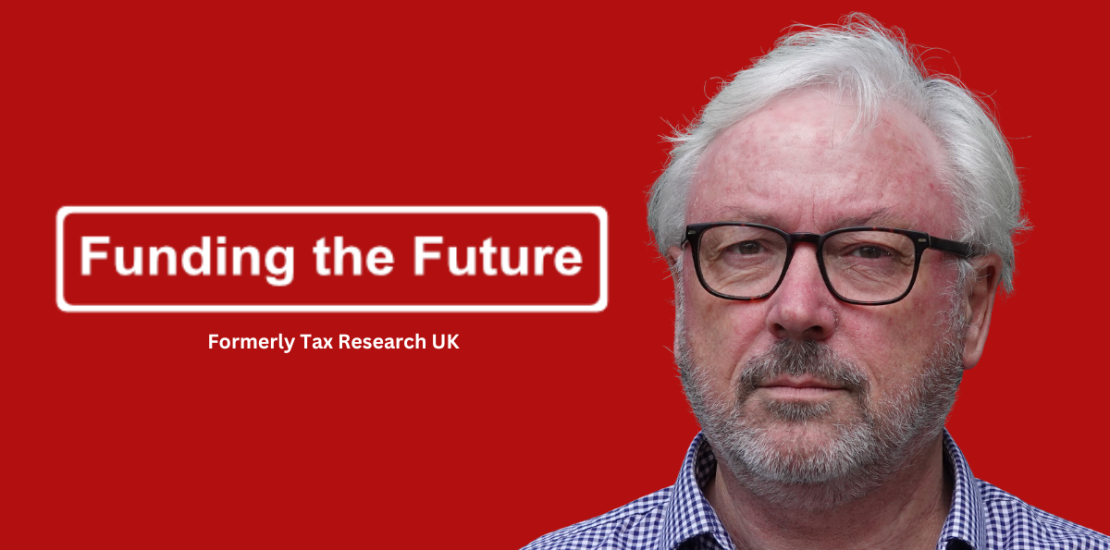- September 7, 2025
- Posted by: Regent Harbor Team
- Category: Global Economy

Stablecoins: A British Perspective on Financial Perils
What Are Stablecoins?
Stablecoins are a class of cryptocurrency presented as safe and secure, reminiscent of shadow banking before the 2008 crash. These digital tokens claim to be backed by tangible assets like US government bonds. With $280 billion invested thus far, they promise security by linking to recognized assets. However, they do not carry government guarantees or strict supervision, raising concerns of financial instability.
The Looming Threat
Nobel laureate Jean Tirole has expressed grave concerns about stablecoins, echoing the fears of many. Unlike traditional money, they operate without government oversight, posing a risk to financial stability. If stablecoins were to collapse, taxpayers could end up bearing the costs, just as they did during the past financial crisis.
The Parallels to 2008
Stablecoins might recreate the hazardous landscape of shadow banking from 2008. During the financial meltdown, unsupervised financial practices wreaked havoc. Similarly, stablecoins might abandon safe asset backing for higher-yield options, threatening economic balance.
Political Influence and Risks
Political entanglement exacerbates the risks. Successive US administrations, beginning with Donald Trump, have shown vested interests in stablecoins. This involvement could lead to regulatory complacency, stimulating further market vulnerabilities. Weak regulation coupled with greed and corruption could spell disaster.
Systemic Concerns
The enormity of the stablecoin market cannot be understated. With $280 billion in circulation, it mirrors the size of a major bank failure. Remember how Lehman’s collapse in 2008 initiated a global crisis? A similar scenario could unfold with stablecoins, compelling governments to intervene.
Undermining Government Control
Stablecoins challenge the authority of governments and central banks by mimicking the US dollar. They drift power over money creation away from public institutions to private speculators, endangering democratic sovereignty. This shift is not merely economic; it’s deeply political.
A Democratic Dilemma
The risk extends beyond finance. If private money creation overrides state control, accountability dissolves. Such a shift undermines the essence of elected governance, jeopardizing democracy itself. Regulators must acknowledge stablecoins as systemic risks and not dismiss them as harmless innovations.
Economic and Political Power Struggle
Ultimately, the debate around stablecoins is not just about financial soundness. It concerns who commands economic policy: democratically elected governments or private interests. Jean Tirole’s cautionary words to the Financial Times highlight this struggle for power.
Expectations for the Future
Stablecoins represent shadow banking adorned with modern branding. If left unchecked, they could lead us to bailouts and weakened democracy. Governments must take decisive action to curtail their influence and prevent oligarchs from compromising societal values.
Taking Further Action
For those stirred by this issue, writing to your MP could help. Guidance for drafting such letters can be found here. Ensure accuracy in addressing your MP, as mistakes can occur.
Comments
For those wishing to engage further, this blog’s comment policy provides direction. Careful adherence will ensure your comments are retained.
Thanks for your time reading. You can subscribe to receive updates here. Support for continued coverage is always appreciated.
